As the tears roll down your cheeks once again, you silently tell yourself “Again? What is wrong with me? Why am I always on the verge of tears?” But let me just stop you right there and tell you that there is nothing wrong with you. Not even a single thing.
What you are experiencing is perfectly normal and natural and you will understand why once we explore the psychology behind crying.
If you find yourself on the brink of tears at the slightest provocation, you may wonder why you seem to cry more easily than others. Yes, it can be a perplexing and emotionally exhausting experience, leaving you feeling vulnerable and questioning your own emotional stability. But you are not alone in this journey.
Let us understand this universal and deeply human experience and understand why do we cry for no reason. So, grab a tissue, settle in, and let’s uncover the mysteries together.
The Human Experience of Crying
Crying is the language of our hearts. It is how our hearts speak when words can’t do justice to the intensity of our feelings. It’s like an emotional thunderstorm that brews inside us, and bursts out like a torrential downpour. This can often make you ask “Why am I always on the verge of tears?”

Imagine you’re standing on the edge of a vast ocean, and the waves of emotions are crashing against the shores of your soul. Sometimes, it’s an overwhelming sadness that swells within, making your eyes well up and your chest heavy. Other times, it’s tears of joy that dance down your cheeks, painting a portrait of elation and gratitude.
Related: Why Do You Cry Easily: Even Without Any Reason
Crying is a release, a way for our emotions to flow freely like a river finding its path. It’s as if our tears are tiny messengers, carrying the weight of our sorrows, hopes, and dreams. They cleanse our souls, washing away the burdens that weigh us down and leaving us feeling lighter, even if just for a moment.
In those vulnerable moments when tears stream down our faces, we reveal a glimpse of our true selves. It’s a raw and unfiltered expression of our innermost desires, fears, and vulnerabilities.
But why do we cry for no reason? Crying connects us to our humanity and reminds us that we are capable of feeling deeply, of experiencing the full spectrum of emotions that make us who we are. So, don’t shy away from your tears. Embrace them as a testament to your emotional richness.
For in those tears, you’ll find solace, understanding, and the strength to navigate the sometimes tumultuous waters of life. So allow yourself to feel, to let those tears flow, and trust that they’re helping you navigate the complexities of your inner world.
Why Am I Always on The Verge of Tears: The Psychology Behind Crying
Picture this: You’re like a complex puzzle, and crying is one of the pieces that helps complete the picture of who you are.
Crying is like a pressure valve for our emotions, a way for our minds to let off steam. It’s like hitting the emotional reset button when we’re overwhelmed by the ups and downs of life. It’s a signal that our psyche is processing something deep within, trying to make sense of the tangled web of thoughts and feelings.
According to researchers, adult tears help to remind the person crying that “the situation or event to which they are exposed is something that really matters,” not only for the crying individual, but also for society at large.
When we cry, it’s not just a random act of waterworks. It’s our mind’s way of communicating with us and others. This is the psychology behind crying. It’s like a neon sign flashing, saying, “Hey, something’s going on here, pay attention!”
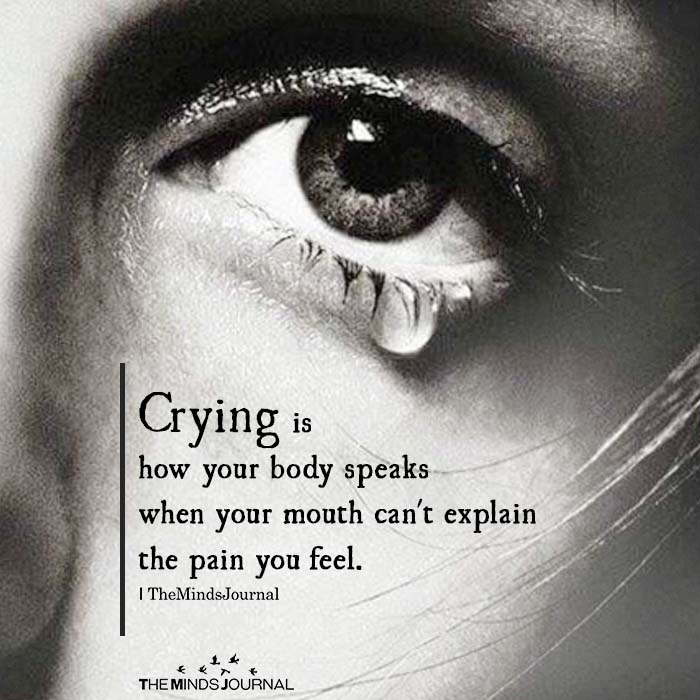
Our tears can come from a place of sadness, but they can also arise from joy, relief, frustration, or even a mix of everything. So, don’t be surprised if you find yourself shedding tears of happiness at a heartwarming movie or tears of frustration when life throws you a curveball.
Crying is a natural and necessary part of being human. It’s a way for our minds to release pent-up emotions, to let go of what weighs us down. It’s a cathartic dance between our conscious and subconscious, a way for our psyche to find balance and restoration.
The next time you ask yourself “Why am I always on the verge of tears?”, remind yourself that tears are not a sign of weakness, but a testament to the intricate workings of your mind.
Related: 3 Reasons Why Crying Is Necessary for Healing and Personal Growth
Why Do We Cry for No Reason
Ever wondered why we shed tears without a clear cause? Here are some reasons for unexplained crying that can help you answer “Why am I always on the verge of tears?” –
1. The Emotional Release of Crying
Crying is a natural response to a wide range of emotions, including sadness, joy, frustration, and even relief. It serves as a cathartic release, allowing us to express and process our feelings. When we cry, our bodies release endorphins and other feel-good hormones, providing a temporary sense of relief and emotional balance.
So, if you find yourself frequently shedding tears, it might be a sign that you possess a heightened emotional sensitivity, which can be both a blessing and a challenge.
2. Empathy and Emotional Sensitivity
One of the key reasons why some individuals cry more easily than others is their heightened sense of empathy and emotional sensitivity. Empathy is the ability to understand and share the feelings of others, and those who possess this trait often find themselves deeply affected by the emotions of those around them.
If you are an empathetic person, you may find yourself crying not only in response to your own emotions but also as a reaction to the emotional experiences of others. This emotional mirroring can lead to a greater susceptibility to tears.
3. Expressing Vulnerability
Crying is an inherently vulnerable act that allows us to communicate our emotional state to others. Some individuals who cry more easily may have a greater need to express their vulnerability and seek comfort and support from those around them.
Tears can serve as a way of connecting with others on a deeper level, creating a space for empathy, understanding, and ultimately, strengthening relationships.
So, if you find yourself shedding tears more frequently, it might be your way of reaching out to others and fostering meaningful connections. This is the simplest answer to “Why am I always on the verge of tears?”
4. Emotional Regulation
While crying is often associated with sorrow, it can also serve as a means of emotional regulation. Tears act as a safety valve, helping to release pent-up emotions and restore a sense of inner balance.
According to the psychology behind crying, if you find yourself frequently on the verge of tears, it could be an indication that you have a finely tuned emotional regulation system. Your body recognizes the need to release emotional tension, allowing you to reset and regain emotional equilibrium.
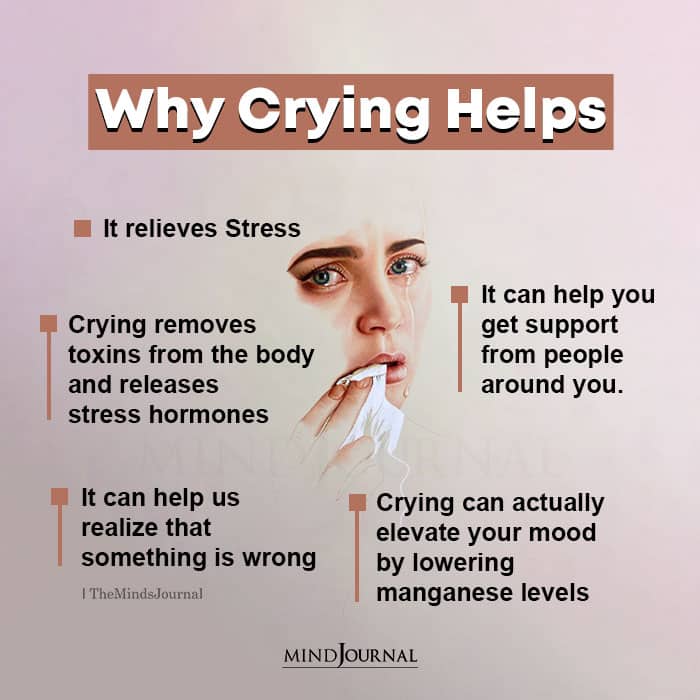
5. Sensitivity to Overstimulation
In today’s fast-paced and overstimulating world, it’s not uncommon to feel overwhelmed by the constant barrage of information and sensory inputs. Some individuals are more susceptible to this overstimulation, which can trigger an emotional response, including tears.
If you find yourself crying more easily without an apparent reason, it could be a sign that you are particularly sensitive to external stimuli. Taking breaks, engaging in self-care, and creating boundaries can help manage this sensitivity and reduce the frequency of these emotional outbursts.
Related: Why Men Who Cry Are Not Weak, They Are Stronger Than The Rest
6. Hormonal and Biological Factors
Hormonal and biological factors can also contribute to why some individuals cry more easily than others. Studies have shown that hormonal fluctuations, such as those experienced during menstruation or pregnancy, can increase emotional sensitivity and intensify the likelihood of crying.
Additionally, certain medical conditions and medications can affect neurotransmitter levels in the brain, potentially leading to heightened emotional responses and tearfulness. This can help us understand why do we cry for no reason.
7. Unresolved Emotional Trauma
Unresolved emotional trauma from past experiences can manifest in various ways, including increased susceptibility to crying. Traumatic events can leave a lasting impact on our emotional well-being, making us more prone to experiencing overwhelming emotions and tears.
If you find yourself frequently on the verge of tears without an apparent trigger, it may be beneficial to explore any unresolved emotional wounds with the help of a mental health professional who can guide you towards healing and resilience. This is perhaps the most common answer to “Why am I always on the verge of tears?”
8. Coping Mechanisms and Learned Behaviors
Our individual coping mechanisms and learned behaviors play a significant role in our emotional responses, including crying. If crying has been a consistent and effective way for you to cope with challenging situations or seek attention and support, your subconscious mind may have learned to rely on tears as a means of emotional expression.
Recognizing and understanding these patterns can help you develop healthier coping mechanisms and find alternative ways to communicate your emotions.
9. Seeking Professional Support
While occasional bouts of tearfulness are a normal part of the human experience, if you find yourself constantly on the verge of tears and struggling to manage your emotions, it may be beneficial to seek professional support.
A mental health professional can help you navigate your emotional landscape, identify underlying causes, and provide effective strategies for emotional regulation and well-being.
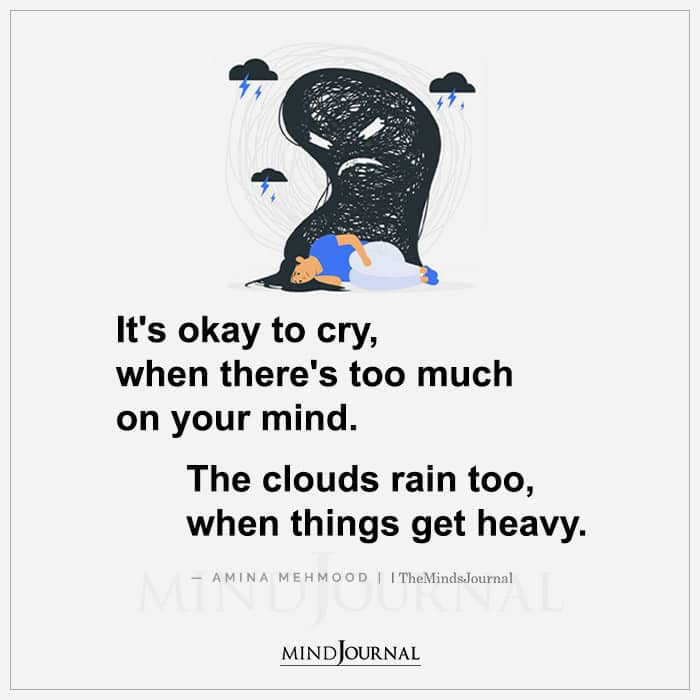
Takeaway
Crying is a complex and multifaceted human response that reflects our emotional depth and individuality. If you are wondering “Why am I always on the verge of tears”, remember that it is a unique aspect of who you are, shaped by a combination of psychological, biological, and environmental factors.
Embrace your emotional sensitivity as a strength rather than a weakness, and seek to understand the underlying reasons behind your tears. By doing so, you can gain insight into your own emotional landscape and develop strategies to navigate it more effectively.
Remember, you are not alone in this journey. Reach out to loved ones, seek professional guidance if needed, and create a support system that understands and embraces your emotional authenticity. Embrace the beauty of your tears and let them be a testament to your capacity for empathy, connection, and growth.
Related: Happy Crying: Why Do We Cry When We Are Happy?
Frequently Asked Questions (FAQs):
Is it normal to constantly be on the verge of tears?
Feeling constantly on the verge of tears may indicate heightened sensitivity, but individual experiences vary. It’s essential to understand underlying factors.
Why am I so sensitive and cry easily?
Heightened sensitivity and easy tears could stem from various factors, including personality traits, past experiences, and hormonal fluctuations.
Is crying for no reason good for you?
Crying for no apparent reason can be a natural release of emotions, aiding emotional processing and relieving stress in some cases.
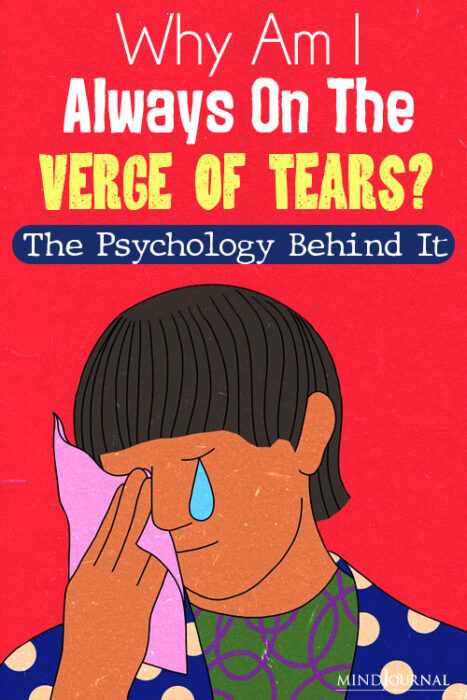
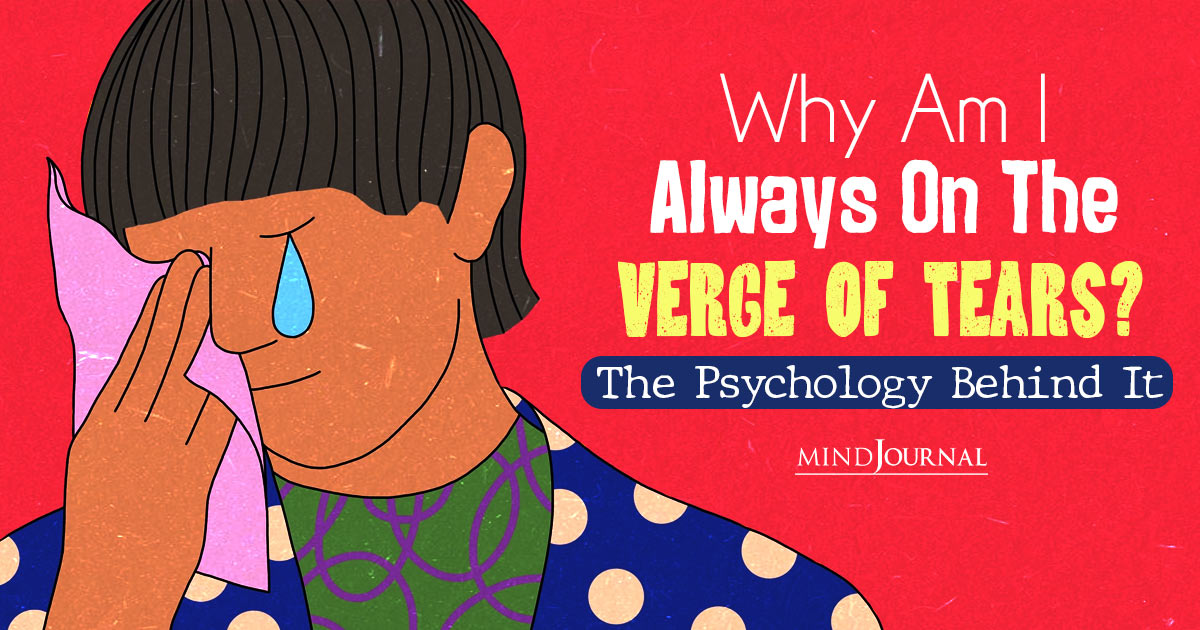



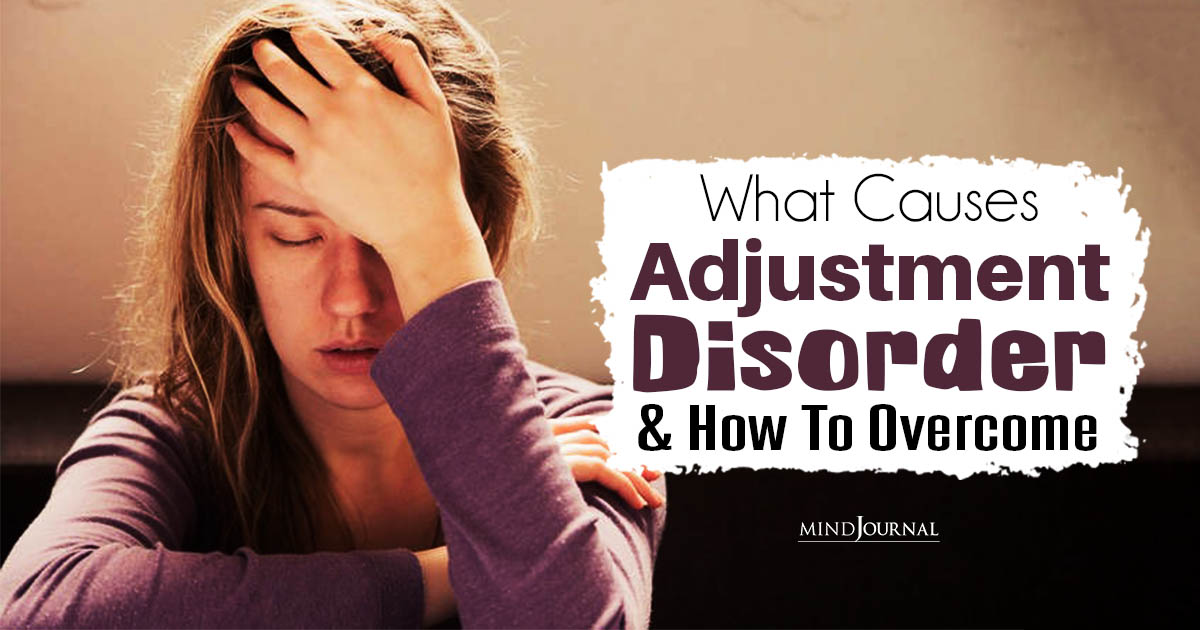

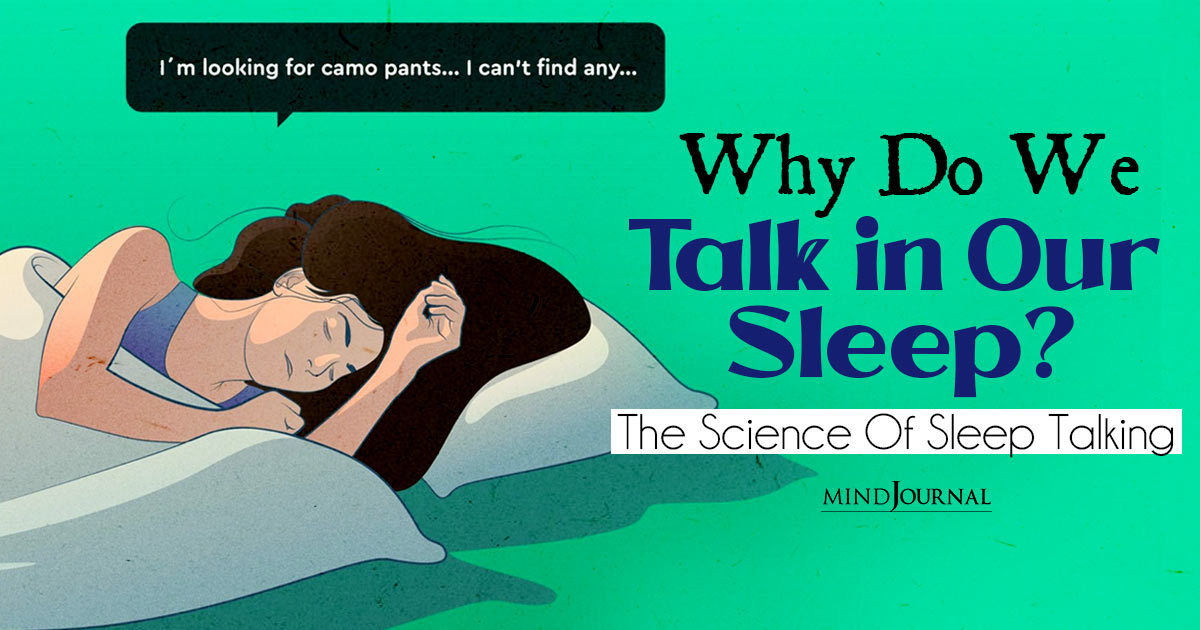
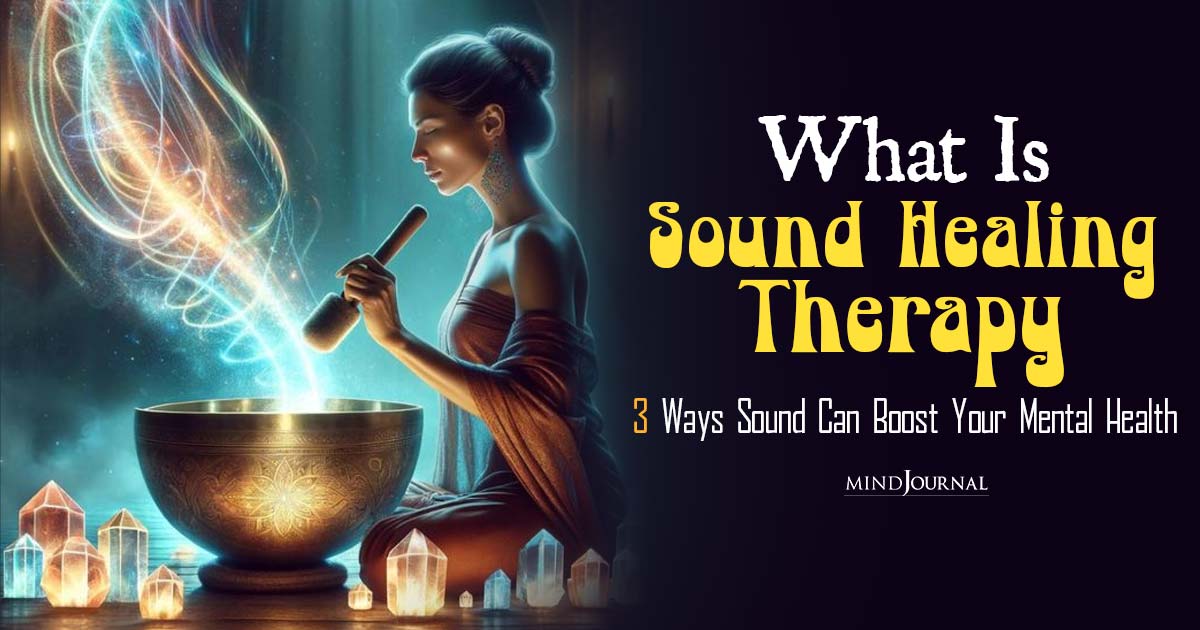
Leave a Reply
You must be logged in to post a comment.